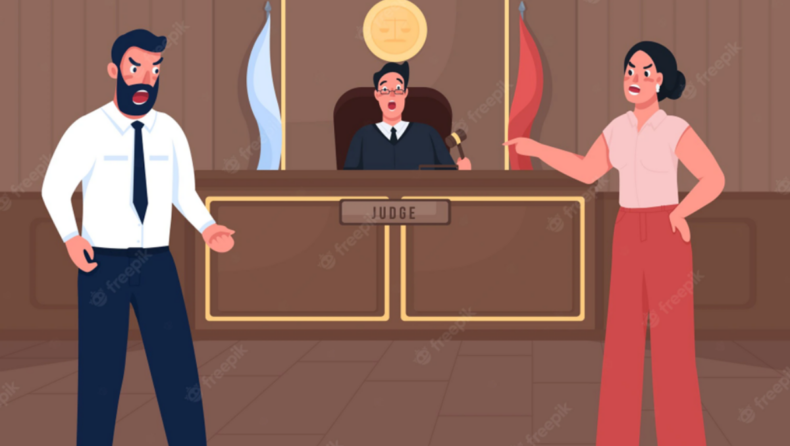The High Court, however, held that the mere act of having an extra marital affair will not be sufficient to hold a person guilty of abetment of suicide.
[Dhananchezhiyan vs The State Represented by the Inspector of Police] The Madras High Court has ruled that a husband’s willful conduct of having an extramarital affair and then forcing his wife to accept the same and give money to support that affair constitutes mental cruelty under Section 498A of the Indian Penal Code.However, Justice G Jayachandran ruled that the simple act of having an extramarital affair is insufficient to find a person guilty of aiding suicide.
“The legal definition of cruelty encompasses both mental and physical harm. Mental cruelty and harassment can be attributed to the applicant’s extramarital involvement with another married woman and his insistence that his deceased wife tolerate his behaviour and provide him money for his affair.
Consequently, this court concludes that the accused’s conviction under Section 498-A of the Indian Penal Code is completely valid and therefore upheld “The judge stated in his ruling issued on July 6th.
The bench was hearing a criminal revision case filed by a husband contesting his conviction under Sections 498A (husband or relative of husband subjecting a woman to cruelty) and 306 (abetting suicide) of the Indian Penal Code (IPC).
According to the prosecution, the husband had an extramarital affair with a woman, with whom he ran away, leaving his wife and three kids behind.
After a few years, he returned to his home with the other woman and frequently abused the deceased wife, requesting money from her home.
On the fatal day, the husband and the other woman his wife beat his wife and forced her and his kids from the house. She exited the home, threw her children into an irrigation well, and then leapt into the well herself.
Two days later, four bodies were discovered floating in the well and the police were notified, leading to the filing of a FIR.
Regarding the accusation of assisting a suicide, the court concluded that although the prosecution might prove its case of cruelty, there was insufficient evidence to convict the appellant spouse.
“Depression brought on by her husband’s extramarital affair prompted her to take the drastic step of committing suicide. However, the mere act of having an extramarital affair is insufficient to find the accused guilty of aiding and abetting.
No evidence has been shown by the prosecution that the spouse assisted or incited the deceased to commit suicide.
The prosecution has only established that the mental cruelty inflicted on the dead by pressuring her to obtain money from her parents to cover his costs and extramarital encounters fits the requirements of Section 498-A of the Indian Penal Code “the Judges.
Therefore, the bench partially granted his motion by acquitting him of the allegation of aiding suicide but maintaining the accusation of cruelty.
Attorney T P Prabhakaran represented the spouse, whilst Government N S Suganthan defended the state.













